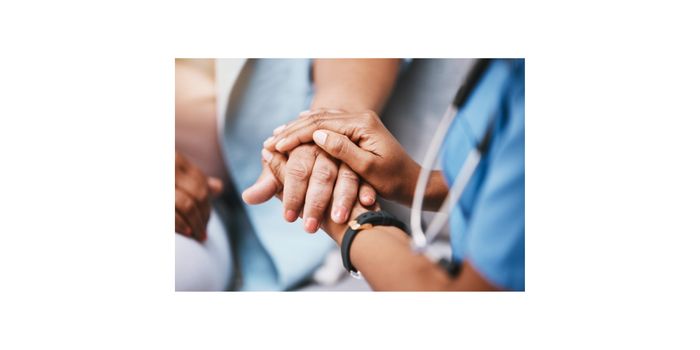Snap Spectacles Make Live Debut from the OR
A UK doctor recently incorporated the latest social media platform, Snapchat, into one of his live operations. The move could possibly open the floodgates for the global sharing other medical procedures in the future.
Donning a special set of spectacles rigged to record the surgery from his vantage point, Dr. Shafi Ahmed began a hernia repair procedure. At dedicated points during the operation, a consultant pressed the record button on the glasses to capture Ahmed’s techniques. Then, the recordings were released to Snapchat, captivating hundreds of people.
"I'm always looking for ways to develop my teaching, especially using wearable technology. When I saw the Snap spectacles, I asked friends in New York to buy some and send them to me immediately,” Ahmed said. His main intention of sharing the operation was to broaden the education experience for doctors in training, especially those who may not have the opportunity to witness or perform such operation themselves.
"We have inequalities in medical education in different countries - I'm looking for ways we can use cutting-edge technology in relatively low-cost gadgets to teach people everywhere," said Ahmed.
The Snap spectacles offered a first-person point of view that would otherwise be hard to replicate. However, the spectacles did have some limitations. Mainly, since the specs were designed to be worn outdoor, they were tinted sunglasses. The cool exterior is hardly ideal for surgeons, where cuts are made based primarily on what’s visible. However, Ahmed noted that the tinting did not affect his specific operation. "We rigorously tested them beforehand to see what the view was like and whether they impinged my view at all. It was a superficial operation and the glasses didn't restrict me," said Dr Ahmed.
But as social media is becoming a bigger presence in the OR, companies are already planning to modify and develop glasses for the purposes of recording and sharing. This would translate to clear lenses, and perhaps those with the capabilities to share instantly online.
But while this technology will be a great teaching and learning tool, doctors also have to balance patient rights and privacy. Furthermore, they also have to weigh the value of their recording while not jeopardizing their reputation or that of their institutions. To this end, Ahmed was careful to post snippets of the operation that he deemed valuable to viewers. "I had to think through the operation and what I'd show in each clip. I wanted to demonstrate techniques and break it down in a structured way,” he said.
"In terms of teaching and learning the spectacles have enormous value. The feedback has already been good - students understand what we are doing here,” said Ahmed. “I'm going to do more operations but also clinical skills lessons too, looking at lumps and talking through diagnostics techniques and so on.”
Addtional source: BBC









